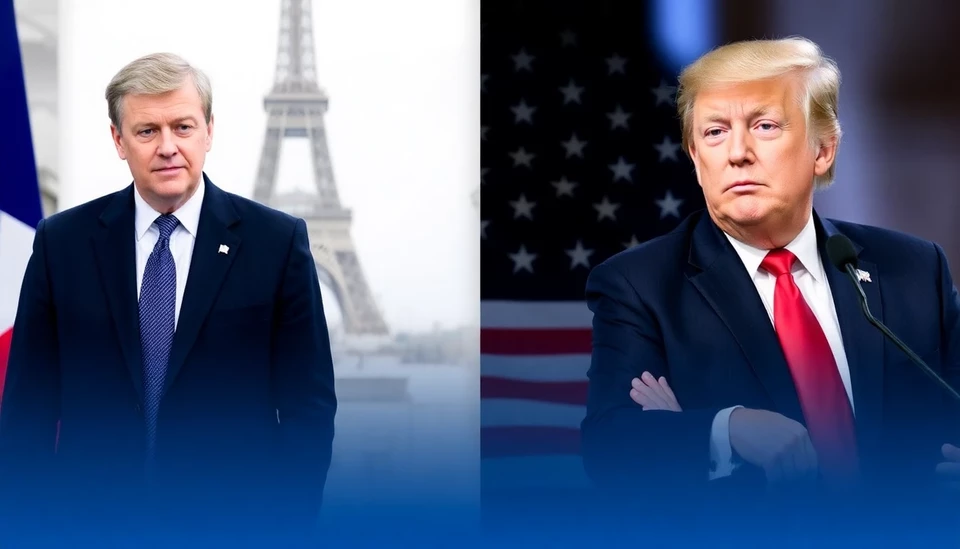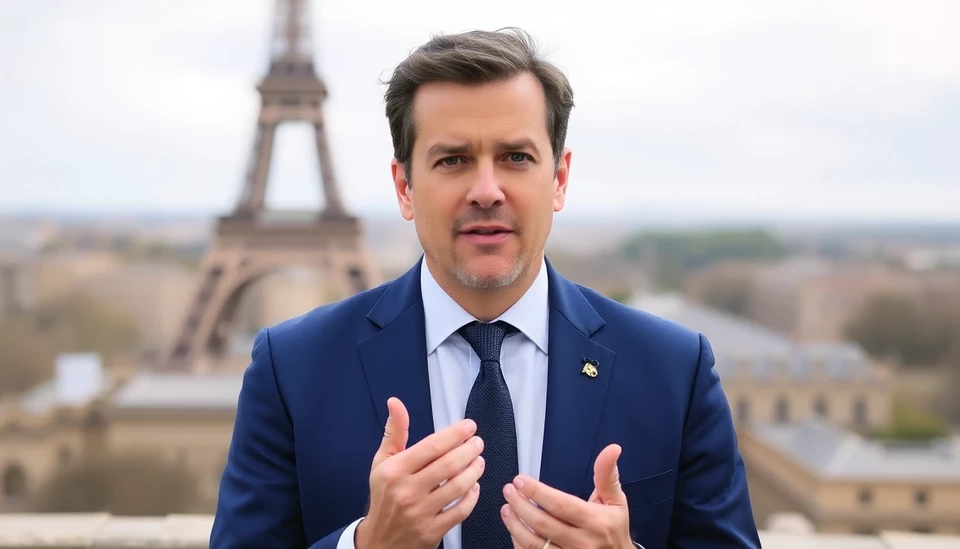
In a significant statement regarding France's economic strategies, European Commissioner Valdis Dombrovskis has emphasized the necessity for France to persist with its plans aimed at tackling public debt and reducing the budget deficit. This call to action resonates with the wider context of the European Union's ongoing efforts to stabilize its economic framework in the face of escalating financial challenges.
Dombrovskis highlighted the critical nature of adhering to the fiscal guidelines set by the EU, particularly given the bloc's recovery from the impacts of the pandemic. “France needs to ensure that it meets its commitments on reducing its deficit and managing its debt levels effectively,” he remarked, underlining the importance of such measures in fostering economic stability and confidence within the Eurozone.
The backdrop of this declaration is marked by various indicators of economic stress, including rising inflation rates and growth forecasts that are less optimistic. France, alongside other EU member states, is grappling with the aftereffects of economic retraction triggered by increased energy prices and supply chain disruptions, issues that have exacerbated fiscal pressures and raised concerns about public finances.
As France approaches a crucial phase in its budgetary planning, Dombrovskis has urged Paris to stay the course by implementing necessary reforms. He pointed out that while the challenges are daunting, they also present an opportunity for France to showcase its commitment to prudent fiscal management. “It’s crucial for member states to prioritize fiscal responsibility,” he stated, reiterating the need for concrete actions over mere promises.
The French government, embarking on this journey towards fiscal consolidation, faces the complex task of balancing public sentiment against necessary austerity measures. Internal debates are heating up regarding the implications of spending cuts and tax adjustments on citizens and businesses alike, presenting a delicate balancing act for policymakers.
Moreover, as France navigates through these economic waters, it must also consider the broader EU economic environment, where other nations are similarly reforming their fiscal policies to adapt to shifting economic realities. This collective effort is vital for sustaining the integrity of the Eurozone as member states are interconnected in their economic fortunes.
In conclusion, Dombrovskis's remarks signify a pivotal moment for France as it weighs its fiscal policies against the current economic climate. The next steps will be crucial in determining whether France can manage its debt levels while fostering a climate of growth and stability for its citizens.
As the French government grapples with these critical challenges, all eyes will be on its forthcoming strategies and the implications they hold for both domestic and European economic landscapes.
#France #Debt #Deficit #Dombrovskis #EU #Economy #FiscalPolicy #PublicFinance #EconomicStability #Eurozone
Author: Rachel Greene




